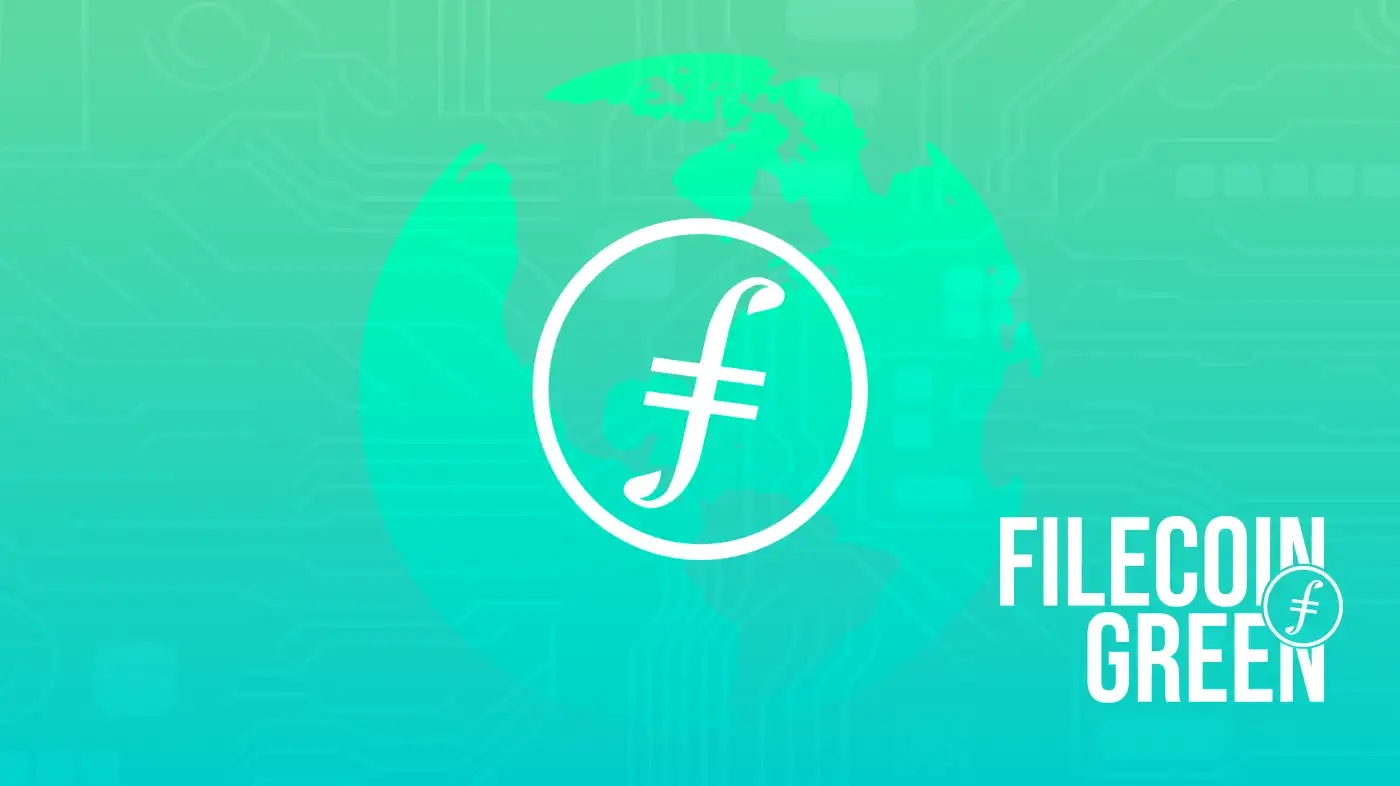
Web3 and The Sustainable Data Movement
There is a growing movement in the world of sustainability and ReFi to manage data differently. With opportunities like the Gitcoin Climate Round and Filecoin Green’s Grants initiative, there are hundreds of groups working to create networks of vertical farms, make it easier to veganize our cities, or that are using cryptocurrency to reverse deforestation. The decentralized web is becoming a hub for projects that would have been built using traditional infrastructure or that may not have been built at all and it’s helping to make real, transparent impacts on the world around us. Why are so many projects being built using Web3 technologies? Why is decentralized storage so well-suited for sustainability-related data?
The Importance of Green Data and Why Traditional Storage Systems Fail
We live in a world where over 2.5 quintillion bytes of data are created each and every day, a number that is continuing to grow at exponential rates. Contained within this data is some of humanity’s most important information: medical research used to save lives, historical records used to preserve human knowledge and experiences, and ecological data that is critical for understanding and addressing the growing climate crisis.
Sustainability data often relates to both physical components of our world — things like energy use, water, or weather — as well as social components like employment rates, gender and income equality, or socioeconomic status. In fact, accurate and granular data is so important in this environmental space that the United Nations calls it the “…lifeblood of decision-making and the raw material for accountability”. Thus, it is paramount that this data is not only collected and analyzed in reliable ways in order to support decision-making, but also that it is stored in a manner that allows for resilience, security, and transparency. Environmental data makes the perfect use case for decentralized storage which exists to address the drawbacks of traditional storage systems.
Centralized storage:
With traditional, centralized storage providers (think of the big cloud storage providers like AWS, Google Cloud, and Microsoft) we are placing all of our trust in that entity to reliably store and maintain our data whenever we upload it.
Centralized storage, while helpful in addressing the need for actual storage space, is susceptible to issues that can place crucial ecological data at risk:
- Censorship: Unfortunately we have already seen efforts by governments, including the US government, to censor and suppress environmental data…How can we be truly sure our data is protected in these sensitive contexts?
- System Failures: Large-scale storage provider operations are not immune to system failures like power outages or data center failures which means if those systems go down, our data can go with it. Centralized storage also uses location addressing to link to specific data on the web; The primary way we access this data is through URLs which are based on the location where the content is stored and not on the actual content itself. This contributes to issues like linkrot and again increases the opportunity that we could lose very valuable ecological data.
- Cost: Perhaps one of the biggest challenges when it comes to large-scale environmental and climate-related datasets is the cost associated with long-term storage and retrieval. The prices of data storage are often set by large corporations and can be extremely costly, especially if you are looking at long-term storage. There are also additional fees for egress (moving data in and out of storage) that often aren’t considered when it comes to budgeting for data storage.
Decentralized Storage on Filecoin: The Sustainability Data Solution
While IPFS is the content delivery network for Web3, Filecoin is the critical, decentralized data storage layer of Web3 that is working to address the fundamental issues in centralized data storage. Decentralized storage (dStorage) networks like Filecoin are becoming increasingly more compelling solutions for environmental-related data due to the benefits that dStorage presents:
Diversification: Just as biodiversity is critical in a sustainable ecosystem, diversity in how, where, and who is storing our data is essential for truly sustainable, persistent data. Decentralized storage with Filecoin enables more agency in determining the number of and which specific storage providers someone would like to store their data with, the geographic regions they would like their data distributed in, and the ability to determine how many copies of something they’d like to have, all of which can help increase security and help to avoid the system failures we see happening with centralized storage. Companies like dClimate rely on diversification in storage to ensure the long-term availability and redundancy of their crucial climate data. For scientists that are gathering this data, it’s a huge relief to know that it is going to be protected from system failures and persistent over time.
Transparency: One of the most compelling benefits of decentralized storage, particularly for environmental data, is the transparency and authentication that comes with utilizing cryptography and blockchain-based solutions. As opposed to the location-based addressing discussed earlier, dStorage uses CIDs which are based on the actual content itself rather than the location that content is stored in (For more in-depth info on CIDs, click here). With CIDs and blockchain tech, if a piece of data has been tampered with or changed in any way, the cryptographic hash and CID will not match that of the original. This makes the data verifiable. On Filecoin, this also creates a distributed ledger and public attestation that files have not been tampered with during the entire process of onboarding, storing, and retrieval. This technology opens up new opportunities for more granular, transparent, and verifiable environmental data whether that is through tracking conservation and reforestation efforts or ensuring that supply chains provide more clear and timely ESG data. The built-in immutability that comes with storing data on Filecoin is extremely beneficial for groups like GainForest, a non-profit organization focused on reversing deforestation and climate change through blockchain tech. GainForest founder David Dao shares “GainForest is working hard to bring back trust to nature-based solutions. Nature-based solutions need to be permanent and transparent for stakeholders. That is why it is so crucial that the data and models that are underlying MRV must be permanent and transparent as well. Decentralized data storage guarantees just that. At any point in time, anyone everywhere in the world can look up, reproduce, and audit our analysis. Low-quality projects can’t hide anymore in static PDFs.”
Costs: Filecoin tends to be much more cost-effective than both traditional centralized options and other decentralized storage options. Cheaper storage means that organizations can afford to store more copies with more SPs which will provide a higher degree of resilience and persistence for that data. Cheaper data storage also means that money can be spent elsewhere; hopefully in a way that increases real-world impacts on reducing climate change.
The importance of Big Data in sustainability is evident and the need for strong, open, and accessible technology to support sustainable development is growing every day. As we inch closer and closer to the tipping point for reversing climate change, we need the inherent features of decentralized storage to enable more transparency, agency, verifiability, resilience, and persistence when it comes to the datasets used to steward natural systems.
Do you have an environmental-related dataset or project that might be a good fit for decentralized storage on FIlecoin? Be sure to check out our blog post about the new Green Grants initiative that is funding projects in ReFi. You can also Email green@filecoin.org to learn more or join #fil-green on Filecoin Slack!













